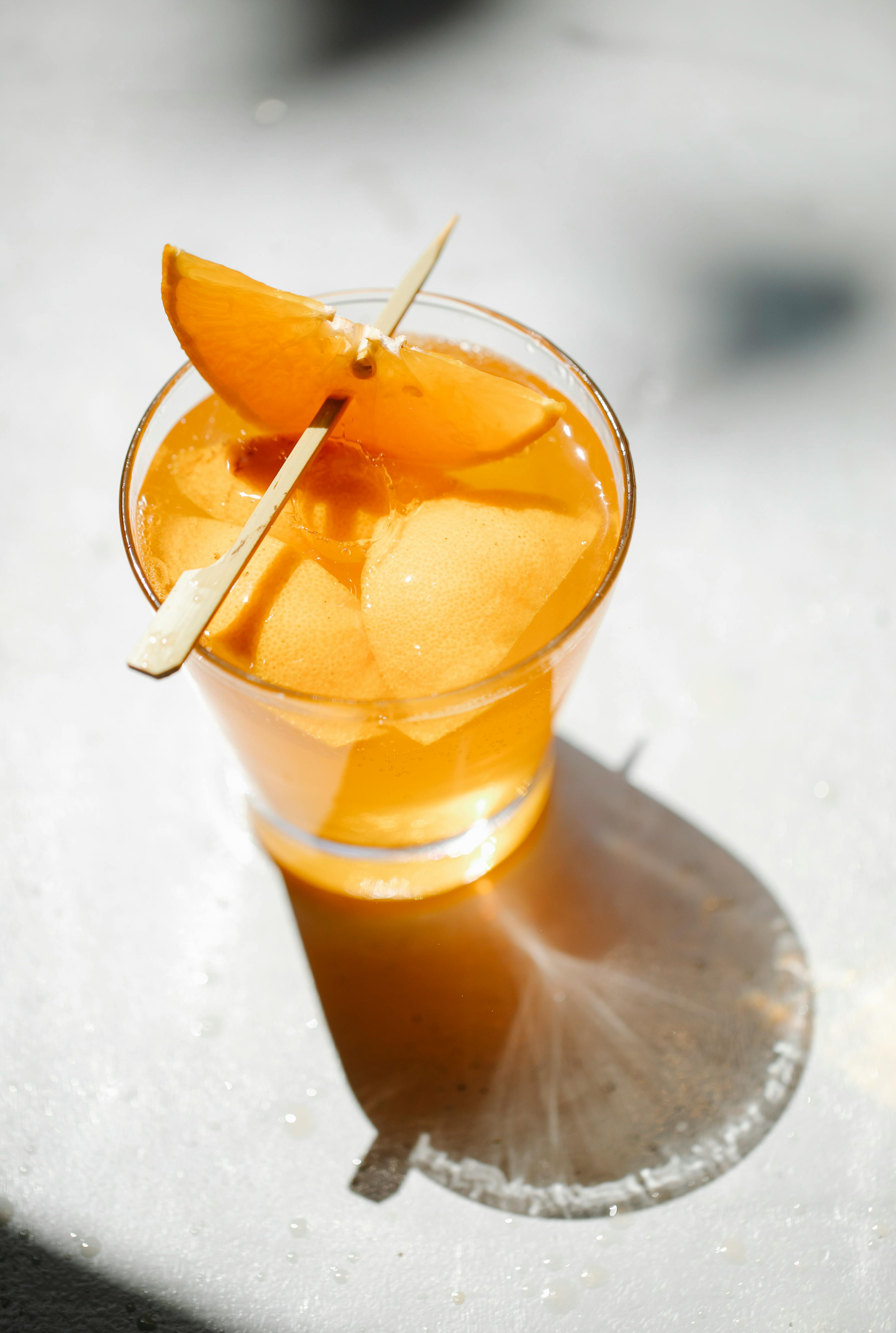Energy & Fatigue · 4 min read

At 25, you could drink till 2 AM and make it to work by 8. Maybe a little tired, but nothing coffee couldn’t fix.
At 45, two glasses of wine with dinner leave you feeling like you were hit by a truck. The headache, nausea, and brain fog can last until Tuesday. You wonder if you’re becoming allergic to alcohol or if this is just “getting older.”
Neither. Your liver’s capacity to process alcohol has fundamentally changed, and understanding why gives you the power to do something about it.
The Biological Reality of aging
Your liver doesn’t suddenly break on your 40th birthday, but several changes create the perfect storm for hangover hell. Between ages 40-70, your liver mass decreases by 20-40%. Blood flow to your liver drops by up to 50%, meaning nutrients and oxygen delivery slows dramatically. The enzymes responsible for breaking down alcohol become less efficient, and your liver’s ability to regenerate after damage takes longer.
By 40, your liver has also processed decades of everything: medications, environmental toxins, stress hormones, and yes, alcohol. It’s like a high-mileage car that still runs but needs premium care to perform optimally.
The real kicker? Your body’s water content decreases with age while fat content increases. Since alcohol distributes in water, not fat, the same amount of alcohol creates higher blood concentrations in your 40s than it did in your 20s. You’re essentially getting more intoxicated from less alcohol, even before considering your liver’s declining processing power.
Why Traditional Hangover Cures Stop Working
The old remedies—greasy food, sports drinks, more alcohol—never addressed the root problem: your liver struggling to clear acetaldehyde, the toxic byproduct of alcohol metabolism. When you were younger, your liver powered through this process despite being overwhelmed. Now it needs help.
Acetaldehyde is 30 times more toxic than alcohol itself. When your liver can’t clear it efficiently, it circulates longer, causing the headache, nausea, fatigue, and cognitive impairment we call a hangover. Drinking more water helps, but it doesn’t speed up acetaldehyde clearance. Eating helps slow alcohol absorption, but it doesn’t boost liver function.
The Science-Backed Solution
The breakthrough comes from understanding what your liver needs to process alcohol efficiently. Your liver requires specific nutrients to break down alcohol: B-vitamins as cofactors for enzymes, glutathione as the master antioxidant, NAC as a glutathione precursor, alpha-lipoic acid for cellular protection, and milk thistle for liver cell regeneration.
Research shows that supporting these pathways before and after drinking can reduce hangover severity by up to 80%. It’s not about drinking more—it’s about giving your liver the tools it needs to handle what you do drink.
The protocol is surprisingly simple. Before drinking, take comprehensive liver support, eat a protein-rich meal, hydrate well, and never drink on an empty stomach. While drinking, pace yourself (one drink per hour maximum), alternate with water, choose quality over quantity, and stop when you feel it.
After drinking, the recovery accelerates with extra water before bed, B-vitamin replenishment, electrolyte replacement, and avoiding late-night food. The next morning, continue hydration, take additional liver support, eat light but nutritious meals, and get gentle movement if possible.
Most people notice dramatic improvement within one or two drinking occasions. The headaches become mild or disappear. Nausea rarely occurs. Energy returns much faster. Sleep quality improves. You wake up feeling human instead of destroyed.
Total Liver provides comprehensive hangover prevention with milk thistle for liver protection, NAC for glutathione support, complete B-complex for enzyme function, anti-inflammatory herbs, and minerals for electrolyte balance. It’s designed specifically for people whose hangovers have become unmanageable.
Your hangovers aren’t worse because you’re weak or broken. They’re worse because your liver needs support that it didn’t need when you were younger. The choice is simple: accept that drinking will always make you miserable, or give your liver what it needs to do its job.
You don’t have to give up social drinking. You don’t have to accept hangover hell as inevitable. You just need to support the organ that makes moderate drinking possible.
Ready to drink socially without paying for it for days? Total Liver helps your liver handle alcohol the way it used to.


